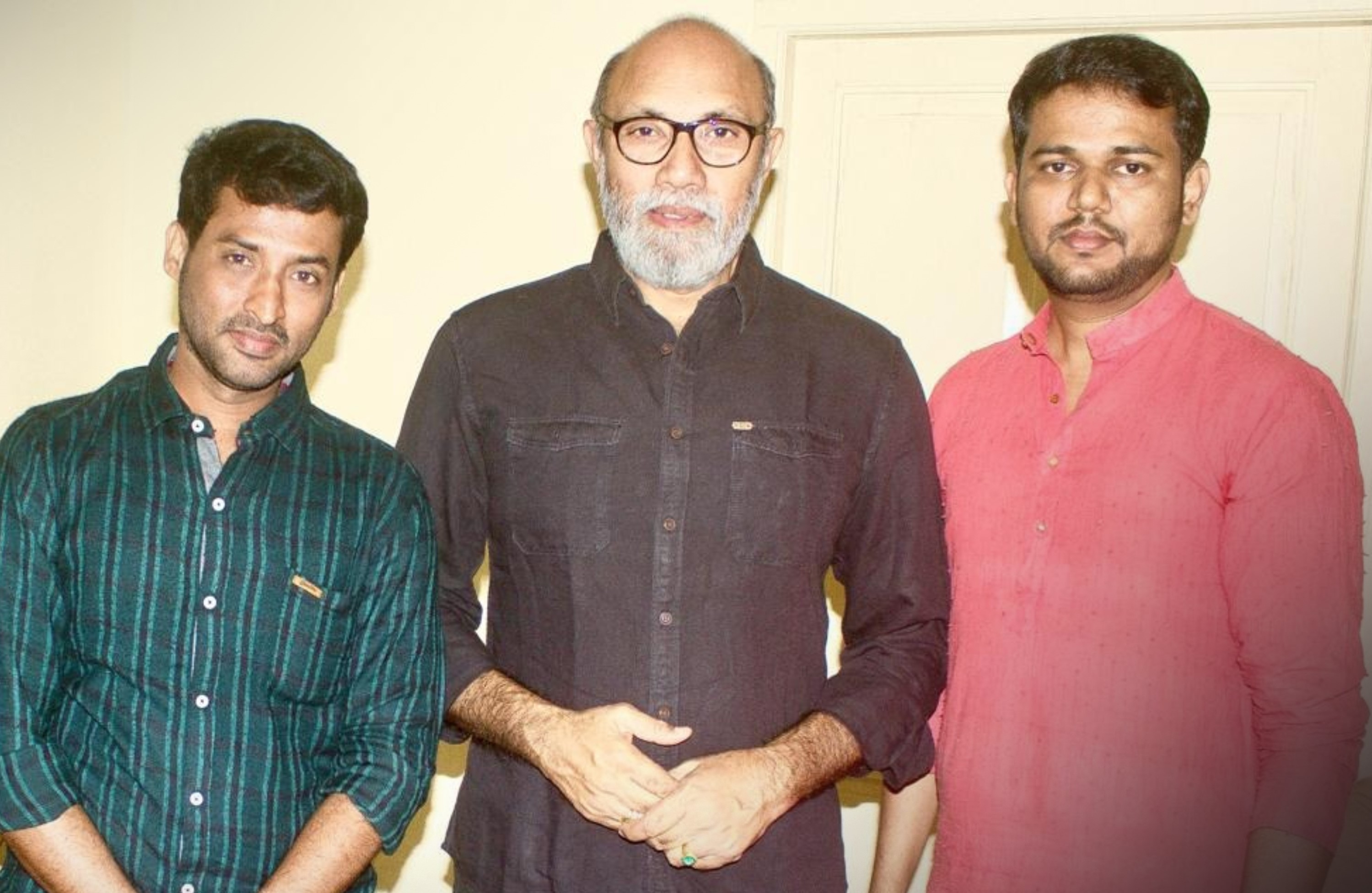Director: Padmakumar
Cast: Joju George, Dileesh Pothan, Sudhi Koppa
Composer: Ranjin Raj
Padmakumar’s Joseph opens to a scene that doesn’t really belong in the terrain of commercial cinema. A medal awarding ceremony at a police parade. Without a denoting background score or a flashy shot, one of the central characters appears on the screen. There is neither a dialogue nor a sign of drama to usher the audience into the film. It isn’t a silly move. Backed by one great performance and an impressive plot, Joseph is an assured film that proceeds in a consistent unhurried pace, rarely resorting to the regular commercial trappings. It begins as an excellent character study, and then proceeds to be a crime-drama that explores the genre with seriousness, turning the clerical activities involved in crime investigation into affecting moments.
The heart of the film lies in a personal tragedy that the protagonist grapples with. While characters tending to a tragic past is a trope that Padmakumar has been dabbling with for quite sometime now (Shikkar, Kanal etc), it gets the most gratifying portrayal in Joseph. Joseph George (Joju George), a retired police constable living in an Idukki town, is the resident Sherlock Holmes whom the department still consults, albeit unofficially, to solve crimes. He rides an old Lamby scooter, is always seen in uncouth clothes and messy hair. When he walks around crime scenes, few people take notice of him. He is mostly a nobody, with few social contacts and no family. In the evening, he lights a joint and sets off on a train of memories, and you see his world unfolding as flashback sequences and memory flashes. His routine life is shaken up when his ex-wife, Stella, dies in a road accident. He deals with the grief by looking beyond the obvious and finding what caused the seemingly simple death.
Joju George is an actor endowed with the gift of invisibility. In every film he is in, it is nearly impossible to separate him from the character he plays; so much so that you might end up forgetting his presence in the film. Here, he sets a delectable rhythm to the film’s pathos. Joju employs a fantastic body-language – droopy shoulders, worn-out gaze and lethargic strides – that tells you of a man who has lost interest in life. Joseph’s present has corpses, crimes, a bunch of old friends who stands by him, and alcoholism, while his past is composed of the women he loved and lost. Padmakumar and his screenwriter Shahi Kabir, a former cop, flesh out Joseph in great detail. Like the crack on his phone screen and the subtle change in his voice when he starts to talk about evidence and suspicion. His conduct at crime scenes isn’t overtly dramatic. It’s natural and nonchalant, far from the landscape of Ranji Panikker-Shaji Kailas police dramas.
The crime investigation part of the film in the second half isn’t overwhelmingly brilliant. It relies on an implausible coincidence. Padmakumar’s film-making style is dated and prosaic, depending mostly on voice-overs rather than an affecting visual language to narrate the story. The grief that Joseph grapples with is what anchors the film. Pathos is omnipresent; it covers every scene in various degrees. In the plot, Joseph never finds a release from it, but decides to be consumed by it. What mars Joseph is the film’s mistrust in the power of this story. Padmakumar uses an overdose of melodramatic music to underline the man’s grief which turns the film soppy in many parts. This is evident in the scenes that showcase the relationship arc of Joseph and Peter, the mild-mannered man who married Stella post her divorce. What could have been a greatly memorable sub-track – an unprecedented progressive one about masculinity – is reduced to a stilted exercise in melodrama.
However, there is one top-notch sequence that could linger in your mind – the piece of Joseph’s past where he was in love with a young girl from a rich household, which unfolds in a flashback. Instead of using token moments, Padmakumar uses a night scene that begins from a Margam Kali performance that extends to the couple sneaking away to the backwaters. It is a beautiful instance ably backed by debutant music director Ranjin Raj’s composition. The strain of the traditional song spills on to the young lovers’ secret rendezvous and his memories about her that eventually turn his life upside down.
Recommended
Perhaps the most impressive feat of the film is the sensitive observations it makes about the police profession, especially on the lower ranks. The constables witness sights that churn their stomach, yet proceed to do their duty with a straight face. One evening, Stella watches Joseph in his uniform, drawing water from the well and pouring on his head. She expects him to talk to her, but he tries to bury it inside. He guards the people around him from the trauma that he is infected with, like an ideal watch dog.
*****
The Joseph review is a Silverscreen original article. It was not paid for or commissioned by anyone associated with the film. Silverscreen.in and its writers do not have any commercial relationship with movies that are reviewed on the site.



